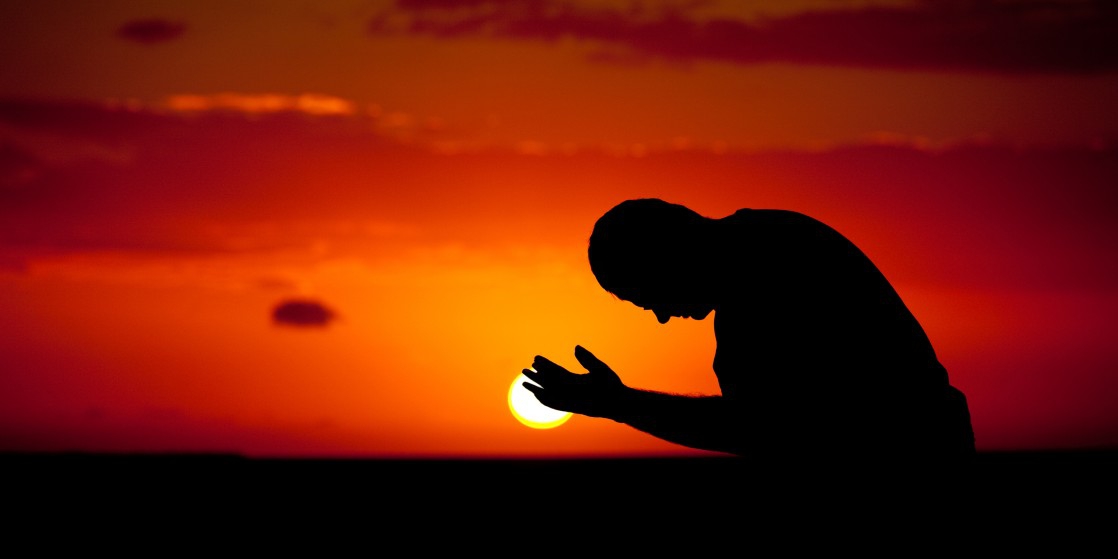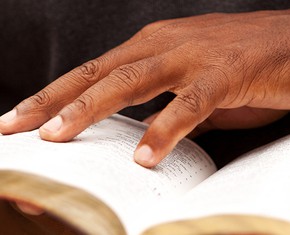The views expressed in our content reflect individual perspectives and do not represent the authoritative views of the Baha'i Faith.
In 1850, a Babi scholar named Vahid ascended the pulpit of the Jumih mosque in the small Persian village of Nayríz, where he bravely announced the mission of the Bab, the founder of the Babi Faith.
The Bab, the herald and forerunner to Bahaʼu’llah and the Baha’i Faith, had created a sensation throughout Persia with his new religion, which called for a departure from the practices of Islam.
RELATED: The Story of the Bab and His Radical New Faith
Vahid, one of the leading Islamic scholars of 19th century Persia, had originally been sent by the Shah to interrogate the Bab. The Guardian of the Baha’i Faith, Shoghi Effendi, recounted those striking events in his book “God Passes By”:
… the Shah, unable any longer to ignore the situation, delegated the trusted Siyyid Yahyay-i-Darabi, surnamed Vahid, one of the most erudite, eloquent and influential of his subjects – a man who had committed to memory no less than thirty thousand traditions – to investigate and report to him the true situation. Broad-minded, highly imaginative, zealous by nature, intimately associated with the [Shah’s] court, he, in the course of three interviews, was completely won over by the arguments and personality of the Bab. Their first interview centered around the metaphysical teachings of Islam, the most obscure passages of the Qur’an, and the traditions and prophecies of the Imams. In the course of the second interview Vahid was astounded to find that the questions which he had intended to submit for elucidation had been effaced from his retentive memory, and yet, to his utter amazement, he discovered that the Bab was answering the very questions he had forgotten. During the third interview the circumstances attending the revelation of the Bab’s commentary on the [Qur’an’s] surih of Kawthar, comprising no less than two thousand verses, so overpowered the delegate of the Shah that he, contenting himself with a mere written report to the Court Chamberlain, arose forthwith to dedicate his entire life and resources to the service of a Faith that was to requite him with the crown of martyrdom during the Nayriz upheaval.
Hundreds of people declared their faith in the new religion, and their numbers swelled. However, the governor of the town , fearing that the Babis were a threat to his position, denounced them and asked the governor of Shiraz to send forces to crush the Babi population.
The Babis, under the leadership of Vahid, abandoned their homes to take refugee in fort Khajih on the outskirts of the village. For months, with only makeshift materials and almost no supplies, the valiant defenders of the fort withstood the powerful forces of the governor.
My family is descended from these fearless individuals, and I have heard their stories since I was a child.
When I listened to those stories, I thought of them more as legends and tales. However, when I became older I began to better understand the relevance and reality of my ancestors’ actions. I also began to appreciate the vastness and bravery of the sacrifices they made for their Faith. Becoming Babis meant that they would lose their jobs, their homes, their social standing, and even members of their family. They were not quiet or afraid to proclaim their beliefs, and they spread the new teachings of the Bab to others around them with unfailing confidence and joy.
Reflecting on my ancestors’ actions has prompted me to think about how I act as a Baha’i in contemporary society. Although I am so grateful to be a Baha’i and to know the Bab and Bahaʼu’llah’s teachings, like many teenagers I am sometimes hesitant and cautious about seeming different than others. However, when I think about how my ancestors were willing to sacrifice everything to proclaim the new Faith that unites the human race, I realize that I could certainly stand up for it as well, and work harder for the principles of the Baha’i Faith to be achieved.
Many of my ancestors sacrificed not only their material possessions, but also their lives. My great-great-great-great-great grandfather, Mulla Abdu’l Husayn, was eighty years old during the siege of the fort. His son, Mulla Alí Naqi, was killed during a battle, and when Vahid went to comfort him about the loss of his son, Husayn responded that his son’s death was the highest station anyone could attain and was a gift from the Promised One. Husayn said that his wish was to sacrifice himself in the path of God.
RELATED: The Western Scholar Meets the Eastern Prophet
Three years later his wish was granted. In 1853, a new wave of persecution was brought upon the Babis in Nayríz, so they took refuge in the mountains and once again defended themselves against the forces of their oppressors. However, the Babis were defeated, and all of Husayn’s sons and brothers were killed, along with the rest of their families. Most of the women, children, and elderly, including Husayn, were taken in chains to Shiraz. In an interrogation with government officials, they asked Husayn why, at such an advanced age, he decided to follow the Bab. He responded simply, “Because I wished to be a sincere one.” Disliking his answer, the officials filled his mouth with dirt and sand, then shot and wounded him. After the interrogation was over, Husayn and a score of other Babis were marched on foot to Tehran by order of the Shah. On the journey, Husayn became ill and could not continue, so the soldiers decapitated him, buried his body, and paraded his head and those of others through the cities on spears.
Knowing that so many of my relatives were martyred and persecuted for their religion has also changed how I think about my own sacrifices. They loved their Faith so much that they would do anything for it. Their actions remind me of how vital and important the Baha’i Faith is for the development of society. I try to remember their actions when I have choices to make – how I teach the Baha’i Faith, how I spend my time, how I behave with others, and my willingness to sacrifice my own selfish interests for something much greater than myself.
In 1850, the Babis stood firm in the face of massive government forces intent on destroying them. Wave after wave of fully-armed Persian soldiers were unable to break through the defenses of seemingly ordinary people. Even though they had a vast material advantage over them, the authorities knew that they would never be able to win. In desperation, the governor relayed a message to Vahid, swearing on the Qur’an that if the Babis came out of the fort and surrendered, they would allow them free passage to their homes.
Vahid and the Babis immediately saw and understood the governor’s trickery, but in respect for the Holy Book, they came out of the fort unarmed and surrendered themselves. The army promptly massacred them. In the aftermath of this and similar events, along with the martyrdom of the Bab by firing squad in the same year, the Babi Faith seemed on the brink of collapse. However, thirteen years later in 1863, Bahaʼu’llah declared his mission in the city of Baghdad, and today there are millions of Baha’is spread across the globe, making the Baha’i Faith the second most widespread religion in the world after Christianity.
Even though the Persian authorities tried to kill my ancestors, and succeeded in many cases, their descendants are spread all over the world, in the Middle East, North and South America, Asia, Africa, and Australia. They serve their communities and teach the Faith that their ancestors were willing to die for. My grandfather often likes to say to us that the persecution of Baha’is in Persia only scattered them across the entire world.
My ancestors have changed my life, and although they were silenced, although they were attacked, although they were killed, their spirit continues to live on in their descendants, including me.
You May Also Like
Comments

















The soldiers, after killing the men and the boys, gathered the women and children and herded them into a cave, covered the entrance with logs, and set them afire.
Upon returning after some time, the commander asked one to check if all were burned alive. The soldier, upon returning, white-faced and filled with consternation, asked the commander to see for himself.
Upon entering the cave, the commander saw them all seated as he had left them with children held in their laps. None had ...moved. None had resisted. None had fought to force a way out. He approached one and tapped her with a finger to the forehead. The figure crumbled in ashes to the floor of the cave.